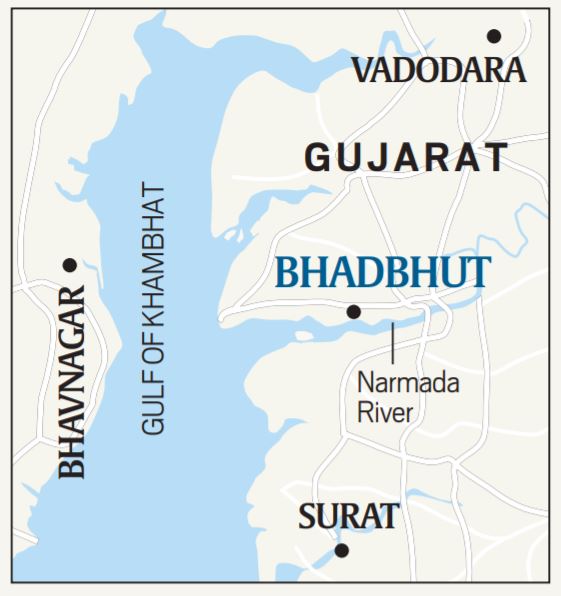UPSC Articles
SC to study context of charges against judges
Part of: GS Prelims and GS-II – Polity & Governance; Judiciary
Context:
Supreme Court to launch a detailed examination into the circumstances under which a person can make public allegations of corruption against the judiciary.
Earlier Judgements
SC’s 1995 judgment in C Ravichandran Iyer case where the court had laid down that if members of the bar had any material about “misconduct” or “bad conduct” of a judge, they should meet the high court chief justice concerned or the Chief Justice of India to apprise them of the material against the judge.
The apex court had said they should wait for a reasonable period of time to allow the administrative head of the HC or the SC to take appropriate action.
1992 Judgement -Justice J S Verma in S Ramaswami case
- The judgment had laid down the procedure to deal with allegations against a sitting judge.
- The judge had to be given a fair opportunity to be heard before an inquiry committee formed under the Judges Inquiry Act of 1968.
- The judgment had limited the inquiry process against a judge to be done within a tight and limited circle of high judicial functionaries and parliamentarians.
- The issue of whether allegations against a sitting judge warranted an inquiry was to be decided by Parliament on admitting a motion for removal of the judge moved by requisite number of MPs. However, it had said that during the inquiry, the sitting judge should have full right of defence.
- The dominating spirit of the 1992 judgment was to “preserve the right, interest and dignity of the judge, which is commensurate with the dignity of all the institutions and functionaries involved in the process”.
- The judgment was against publicly making allegations against judges.
But in none of these two cases, the apex court had the occasion to examine whether an advocate could go ahead and make allegations against a sitting judge without first submitting the evidence backing the charges to the HC chief justice or the CJI.












